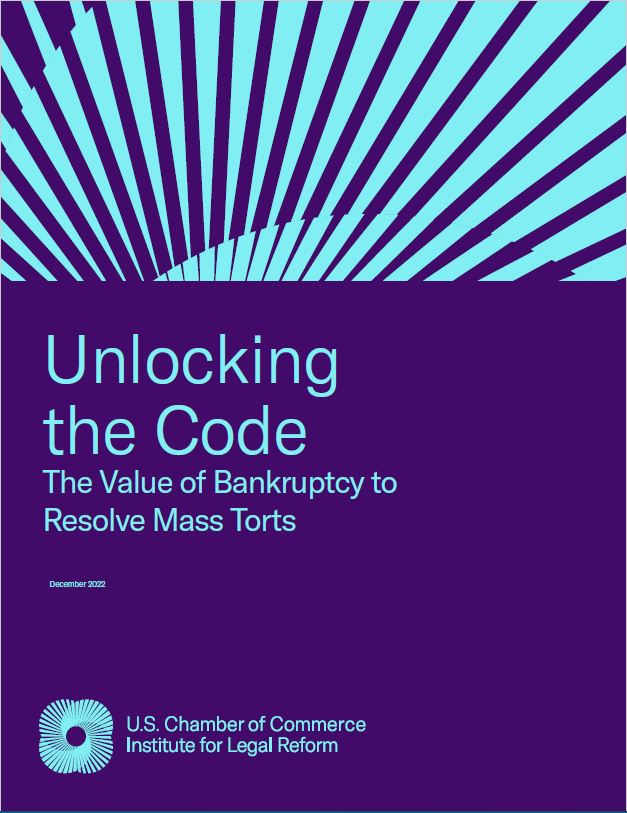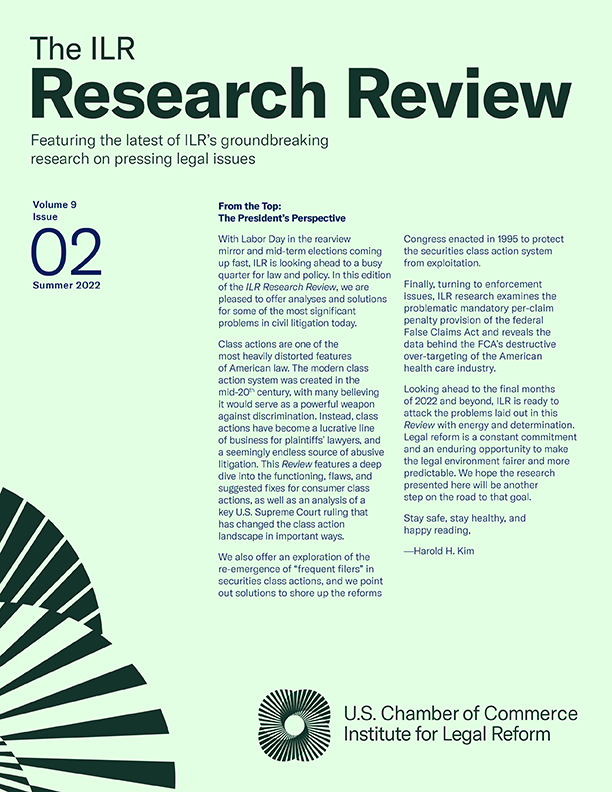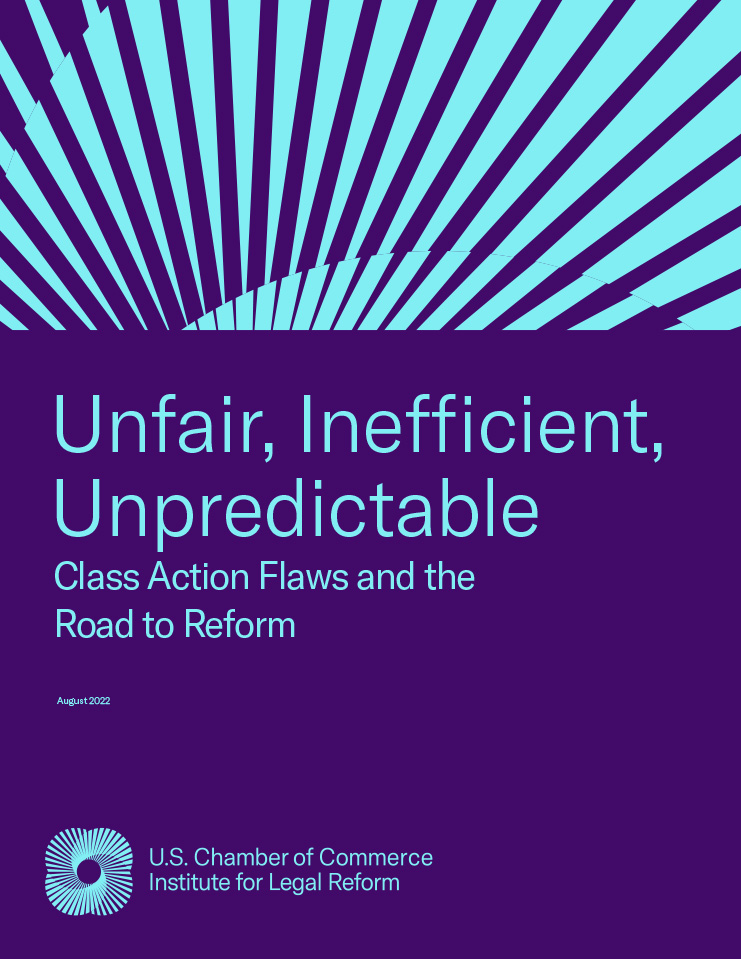This empirical study of class action litigation—one of the few to examine class action resolutions in any rigorous way—provides strong evidence that class actions provide far less benefit to individual class members than proponents of class actions assert.
The debate thus far has consisted of competing anecdotes. Proponents of class action litigation contend that the class device effectively compensates large numbers of injured individuals. They point to cases in which class members supposedly have obtained benefits. Skeptics respond that individuals obtain little or
no compensation and that class actions are most effective at generating large transaction costs—in the form of legal fees—that benefit both plaintiff and defense lawyers. They point to cases in which class members received little or nothing.
Rather than simply relying on anecdotes, this study undertakes an empirical analysis of a neutrally-selected sample set of putative consumer and employee class action lawsuits filed in or removed to federal court in 2009.
View PDF

